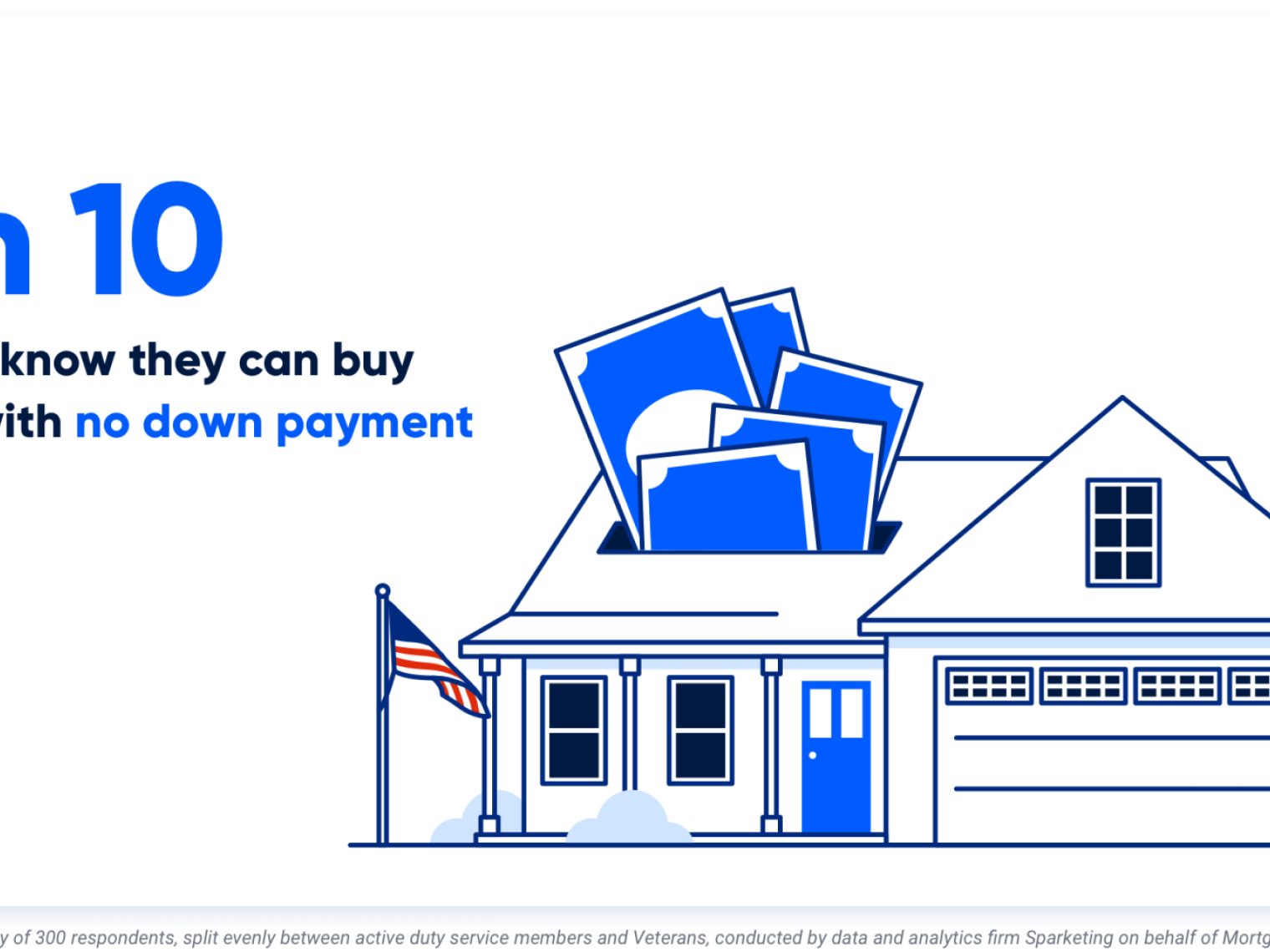Let’s be honest: The VA appraisal has a reputation of being problematic.
But it doesn't have to be. With a little knowledge and a watchful eye, you can help guide your buyers to properties that will easily meet the VA's Minimum Property Requirements. Boost your VA appraisal know-how with a review of four big VA appraisal pitfalls to avoid:
1. The leaky basement
Water can cause an unbelievable amount of damage to a home. Water leads wood to rot, mold to grow and drywall to decay.
That’s why basements and crawl spaces must be dry to garner VA approval. The VA states that any excessive dampness or ponding of water in a home’s crawl space must be corrected, and most appraisers extend that rule to basements, as well.
2. The bad roof
In the VA’s own words, “the roof covering must
- prevent entrance of moisture, and
- provide reasonable future utility, durability, and economy of maintenance.”
Appraisers have some flexibility in assessing the “reasonable future utility” of a roof. Roofs that are 20 years old won’t automatically lead an appraiser to recommend replacement. Borderline roofs will usually lead an appraiser to call for a professional roof inspection. Gaping holes or missing shingles, however, will probably necessitate repair.
3. Lead-based paint
Some homeowners are willing to overlook the health risks posed by lead-based paint. The VA is not so brazen.
Lead-based paint “constitutes an immediate hazard that must be corrected.” VA appraisers are ordered to assume that defective paint conditions such as cracking or chipping on pre-1978 surfaces involves lead-based paint. If lead-based paint is noted, sellers must take action for a successful sale.
The VA requires that surfaces with loose lead-based paint either be removed or thoroughly scraped and covered with two coats of paint.
4. Termites
Termite-ridden homes must be treated and re-evaluated for VA loan approval. Termites are pesky little critters that can eat the heart right out of a good deal.
Termite inspections are required in certain areas of the country. And even if a pest inspection isn't required in your state you'll still have to have an inspection completed if the appraiser finds evidence of termites on the property.
If termites are discovered, the property has to be treated and re-evaluated. The cost of repairs can be covered by either the buyer or seller and is often a point of discussion in negotiations.
What to do if repairs are ordered
A home that possesses one (or all) of these problems isn't automatically eliminated from VA loan contention. A willing seller can make anything possible.
If a home falls short of the VA's Minimum Property Requirements, the appraiser will recommend certain repairs. Those repairs must be completed before a VA loan can close. Some sellers are more agreeable than others, and some repairs are simpler than others. With luck, a seller will complete the repairs necessary to send the VA loan across the finish line. Otherwise, it's time to resume the house hunt.
Related Posts
-
 VA Loan Down Payment RequirementsVA loans have no down payment requirements as long as the Veteran has full entitlement, but only 3-in-10 Veterans know they can buy a home loan with zero down payment. Here’s what Veterans need to know about VA loan down payment requirements.
VA Loan Down Payment RequirementsVA loans have no down payment requirements as long as the Veteran has full entitlement, but only 3-in-10 Veterans know they can buy a home loan with zero down payment. Here’s what Veterans need to know about VA loan down payment requirements. -
 5 Most Common VA Loan Myths BustedVA loan myths confuse and deter many VA loan borrowers. Here we debunk 5 of the most common VA loan myths so that you can borrow with confidence.
5 Most Common VA Loan Myths BustedVA loan myths confuse and deter many VA loan borrowers. Here we debunk 5 of the most common VA loan myths so that you can borrow with confidence.

